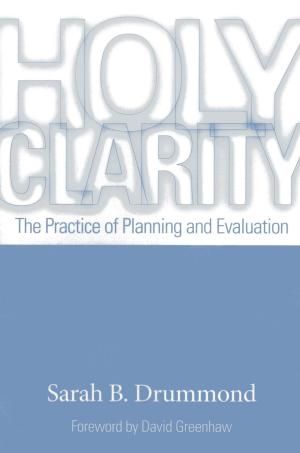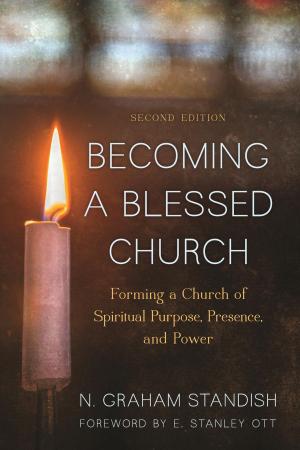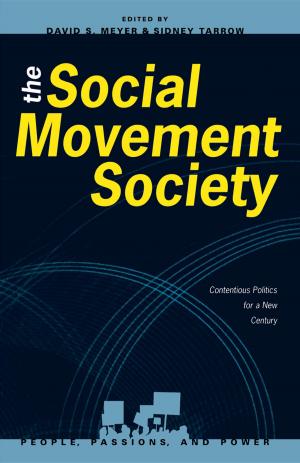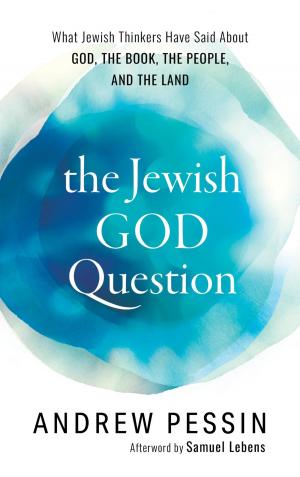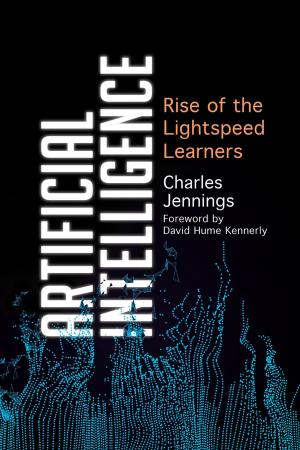| Author: | Eva Brann | ISBN: | 9781461621751 |
| Publisher: | Rowman & Littlefield Publishers | Publication: | April 25, 2001 |
| Imprint: | Rowman & Littlefield Publishers | Language: | English |
| Author: | Eva Brann |
| ISBN: | 9781461621751 |
| Publisher: | Rowman & Littlefield Publishers |
| Publication: | April 25, 2001 |
| Imprint: | Rowman & Littlefield Publishers |
| Language: | English |
'What is time?' Well-known philosopher and intellectual historian, Eva Brann mounts an inquiry into a subject universally agreed to be among the most familiar and the most strange of human experiences. Brann approaches questions of time through the study of ten famous texts by such thinkers as Plato, Augustine, Kant, Husserl, and Heidegger, showing how they bring to light the perennial issues regarding time. She also offers her independent reflections. Examining the three phases of time, past, present, and future, she argues that neither external time nor the time of the human past is real: the one is a comparison of motions and the other a projection of memory. She concludes that true time is internal and has its origin in the imaginative structure of memory and expectation. Throughout her rich and original study, Brann never fudges the central fact that time is a mystery.
'What is time?' Well-known philosopher and intellectual historian, Eva Brann mounts an inquiry into a subject universally agreed to be among the most familiar and the most strange of human experiences. Brann approaches questions of time through the study of ten famous texts by such thinkers as Plato, Augustine, Kant, Husserl, and Heidegger, showing how they bring to light the perennial issues regarding time. She also offers her independent reflections. Examining the three phases of time, past, present, and future, she argues that neither external time nor the time of the human past is real: the one is a comparison of motions and the other a projection of memory. She concludes that true time is internal and has its origin in the imaginative structure of memory and expectation. Throughout her rich and original study, Brann never fudges the central fact that time is a mystery.

